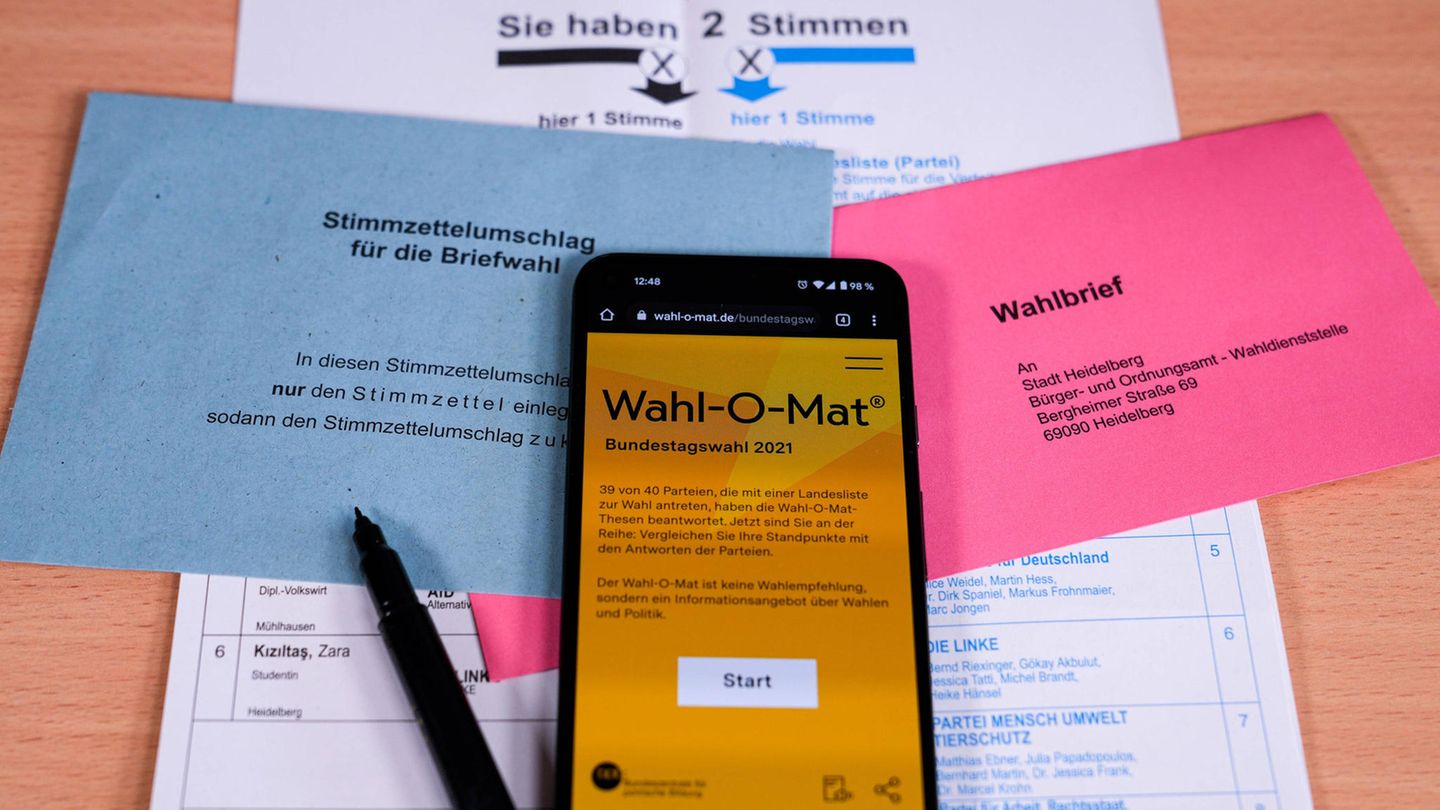I have been working in the news industry for over 6 years, first as a reporter and now as an editor. I have covered politics extensively, and my work has appeared in major newspapers and online news outlets around the world. In addition to my writing, I also contribute regularly to 24 Hours World.
Menu
Wahl-O-Mat before the start: How many Germans want to use him
Categories
Most Read
Jette Nietzard is stepping down – and the Greens are hoping, at least for now
October 11, 2025
No Comments
Party juniors: Defiance and tears: Green Youth leader Nietzard’s farewell
October 11, 2025
No Comments
Nobel Peace Prize for Machado: Institute suspects betting fraud
October 11, 2025
No Comments
Donald Trump discredits vaccines – he gets himself vaccinated
October 11, 2025
No Comments
Young people in the party: Green youth: New leadership duo wants to turn the party to the left
October 11, 2025
No Comments
Latest Posts

Argentina beat Mexico 2-0 and qualified for the semifinals of the Under 20 World Cup
October 12, 2025
No Comments
October 11, 2025 – 22:18 With this victory, the National Team remains firm in the fight for the title and shows a promising generation, with

Mass event in Tel Aviv celebrated the ceasefire in Gaza
October 12, 2025
No Comments
October 11, 2025 – 21:09 Among those present were relatives of the victims and international representatives. Tens of thousands of people gathered this Saturday at

Historical: “Las Murciélagas” were two-time world champions
October 11, 2025
No Comments
October 11, 2025 – 20:10 The national team won its second consecutive title after beating Japan 2-0 in the final. The Argentine women’s softball team,
24 Hours Worlds is a comprehensive source of instant world current affairs, offering up-to-the-minute coverage of breaking news and events from around the globe. With a team of experienced journalists and experts on hand 24/7.

